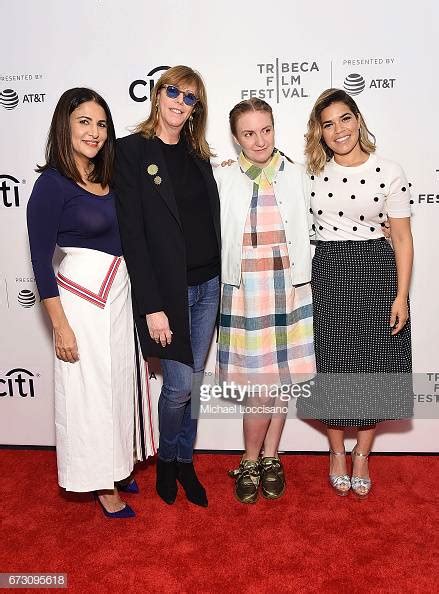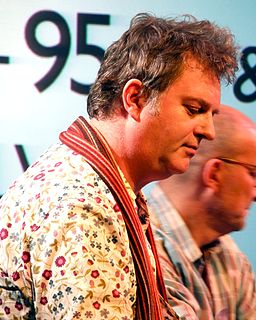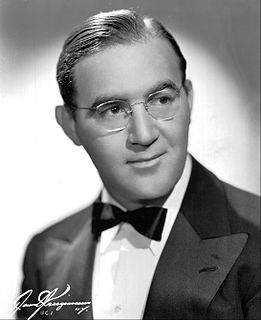A Quote by Janeane Garofalo
I was just utterly oblivious to how difficult it was, and how difficult it was going to be, and then also in the mid-eighties through the mid-nineties there was a boom of sorts. So there were plenty of stages. If I had started now, there would be very few places to get better and better.
Related Quotes
Boom and bust cycles are very difficult for businesses because you're hiring a bunch because you're planning for the future. And if the future is going to be very big, you need to hire people, or suddenly you go to boom to bust, then all of a sudden, you're kind of battening down the hatches and trying to sail, you know, through the storm, it's a different thing. So part of it is making good decisions about, well, how long is a boom cycle going to be, you know, don't plan on it going forever.
Now we're in a very different economy. Throughout the late 1980s and 1990s American management started to do the right things. There was extraordinary investment in technology. The dominant questions now are less how to do it better, how to manage better, how to make the economy better, than how to have fuller and more meaningful lives. Because the irony is, now that we've come through this great transition, even though our organizations and our people are extraordinarily productive, many feel that the nonwork side of life is very thin.
[Melinda Gates] is a lot of fun to work with. There's some of the people skills that she's better at and cares about more. It'd be a mistake not to think of her as very numerical and interested in the science. I enjoy, if I get ahead of her, say, understanding the immune system, then we can spend a few hours, where I'm going through how amazing it is and interesting, and how that affects our creating new products, so I've always had a partner.
There are masses of people who need affordable housing in New York. I think that, politically, it is very difficult to give preference to artists over another group. Now, could there be an impressive envisioning process where developers would be asked to collaborate with urban designers? Maybe envision a large-scale development with local shops, dense housing, maybe a few towers, maybe a few mid-rise buildings, and art workshops in the mix? That would be great. I don't see a call for those proposals. But I think that it would not be outrageous to propose that kind of vision.


































